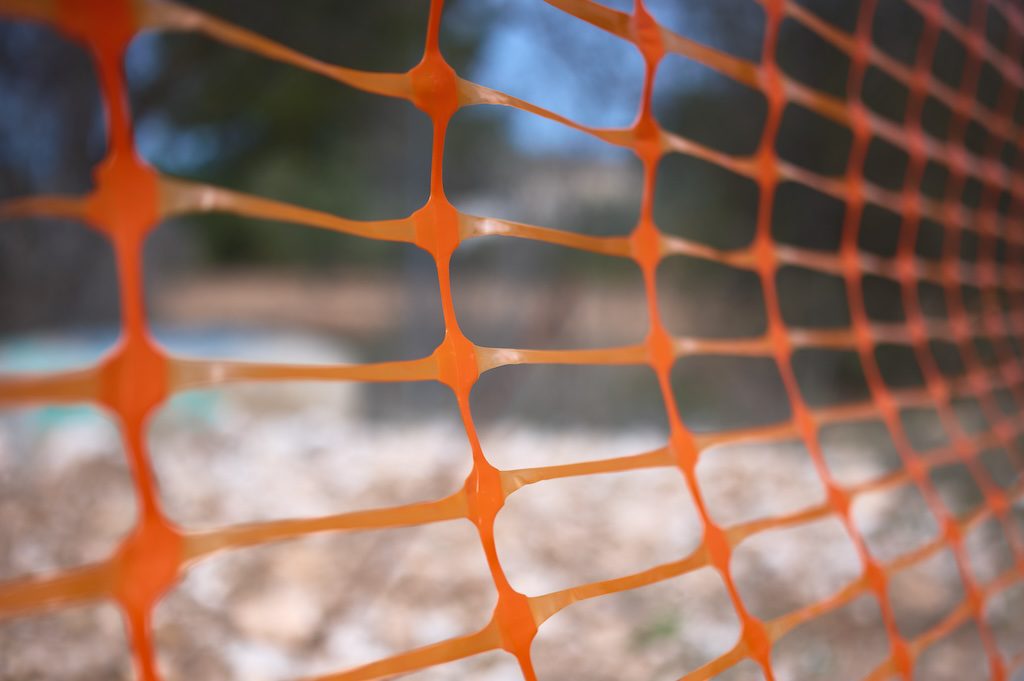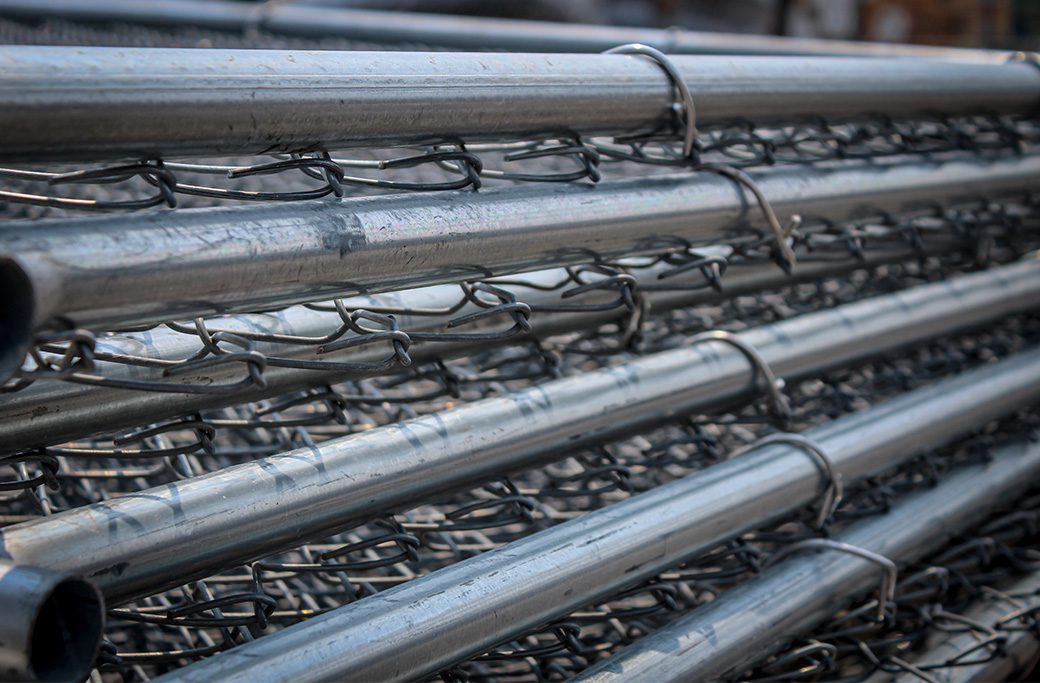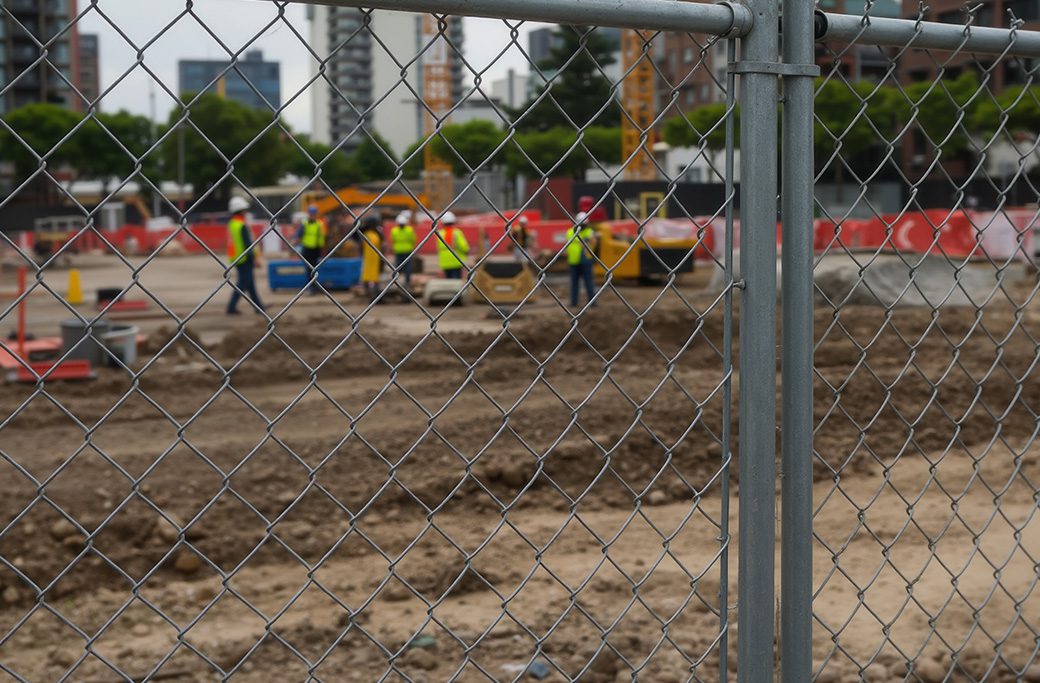Temporary fences, specifically the plastic mesh variety, are becoming popular safety solutions for various events, construction zones, and other short-term applications. However, while these fences are useful, they do come with a set of disadvantages that can impact their efficiency and longevity. In this article, we’ll explore the cons of temporary plastic mesh fences and why you should consider an alternative option.
Limited Durability
The most significant disadvantage of temporary plastic mesh fences is their limited lifespan. While they’re useful for short-term applications, they tend to wear out and become brittle after a few months of use. Exposure to weather elements like sunlight, wind, and rain also takes a toll on their strength, making them prone to breakage and collapse. Their short durability means you have to replace them frequently, which adds to your cost in the long run.
Weak Protection
Temporary plastic mesh fences are relatively flimsy in construction and design. This makes them ineffective when it comes to providing robust protection to your people and property. They’re susceptible to being damaged or knocked over easily by strong winds, wild animals, or even curious children. This can lead to hazardous situations where your premises and people are at risk. The lack of adequate protection compromises the entire purpose of erecting temporary fences in the first place.
Poor Aesthetics
Another disadvantage of temporary plastic mesh fences is their unappealing appearance. While they’re functional in keeping unauthorized personnel and objects out of particular sites, they offer little to no aesthetic value. They’re often bright orange or yellow, which is an eyesore to your surroundings. Moreover, they tend to be unevenly spaced, leading to an untidy appearance that detracts from the professionalism of your site.
Difficult to Install
Installing temporary plastic mesh fences can be challenging and time-consuming, mainly since they come in rolls. You’ll need to measure out the area you want to enclose, cut sizes that fit your space, and then attach them to poles. Suppose you don’t have the right tools or knowledge on how to execute the process. In that case, it becomes an added expense as you have to hire professionals to put up the fence correctly.
Environmental Impact
Finally, temporary plastic mesh fences take a toll on the environment. Since they’re made of plastic materials, they’re not biodegradable and tend to last longer in ecosystems past their usefulness. Inappropriate disposal of these fences, especially after they’ve run their course, leads to environmental degradation, which harms the natural world. It’s essential to consider eco-friendly alternatives as part of your business’s social responsibility.
Cons of Temporary Plastic Mesh Fences
While temporary plastic mesh fences might seem like a suitable solution for your short-term security needs, it’s essential to consider their limitations. They’re often less durable, less aesthetically appealing, and offer weaker protection than their permanent counterparts. Furthermore, their installation process can be cumbersome and non-environmentally friendly. To achieve a more sustainable and efficient security solution, you may want to consider alternative options that offer better functionality, longevity, and aesthetics. Choose a solution that ensures maximum protection and meets your site’s unique needs for a safer and more professional environment.






